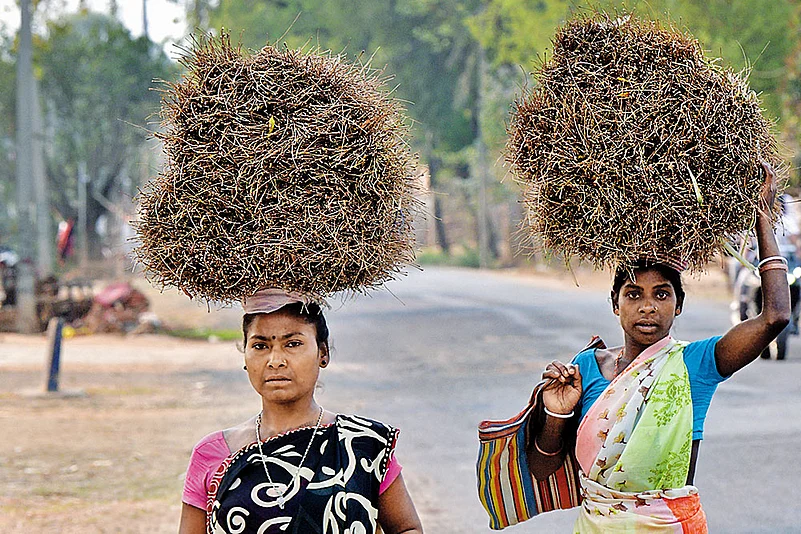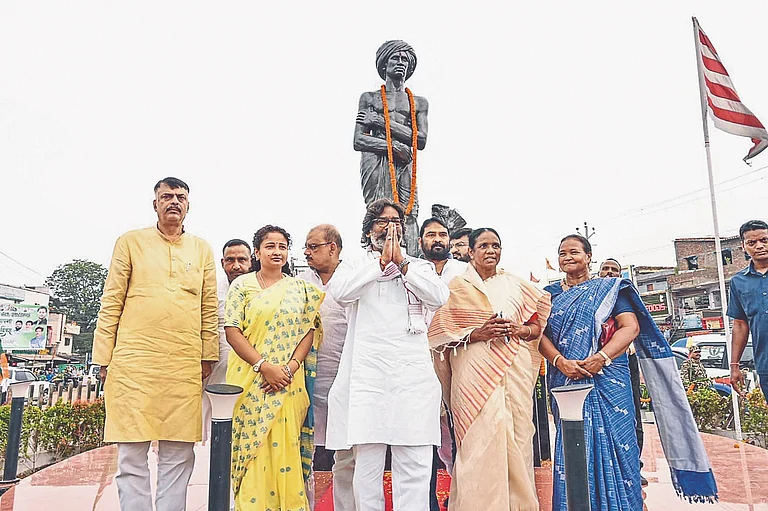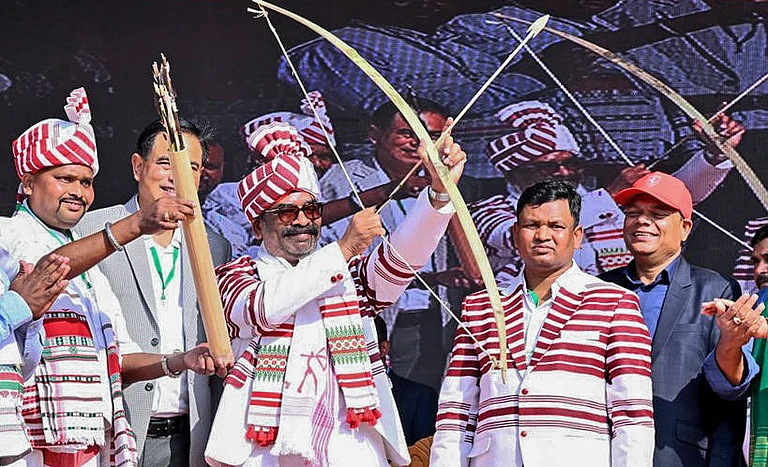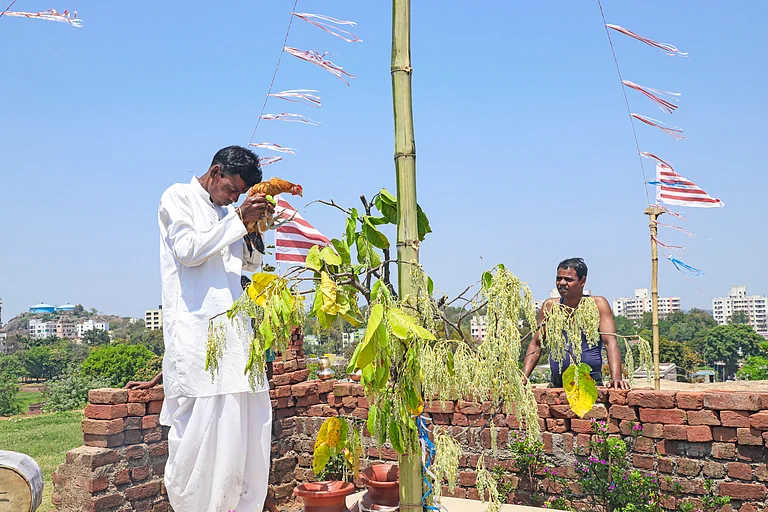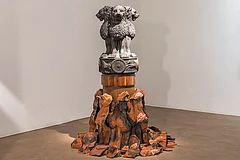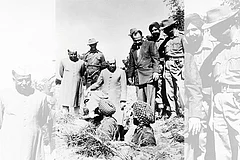Principled Politics
Even at this stage of my life, at the age of eighty seven, I vividly remember the politics of my heydays. At the time, it was based on principles unlike the politics of today, which has become all about self-interest. I do not deny that religion, caste, region, etc. played a part in politics back then too; this is but human nature. However, it was not so blatant as it is today.
Jawaharlal Nehru is often hailed for the initial development work that he undertook for the country; however, this does not take away from his blunders. I feel that after independence, any first-time prime minister would have spearheaded such projects.
On the other hand, had the country’s first prime minister dealt correctly with the matters of Jammu and Kashmir and China, we would not have landed in the muddle that we ended up with. He trusted China blindly, and it went on to stab us in the back.
Nehru took the Kashmir issue to the United Nations, even though it was a domestic issue. The King of Jammu and Kashmir had given a written agreement saying that they wanted to stay with India. Had Nehru wanted, he could have solved the matter then and there itself; but he did not do so. It has been five years since the abrogation of Article 370 in Kashmir. Now, there is no violence there and terror attacks have gone down. These used to be a regular feature earlier. A large number of Indian soldiers lost their lives.
Nehru and Tribals
Another of the former prime minister’s facets that leaves much to be desired is his policies towards tribals. Even though Nehru paid lip-service to the tribal community, what he actually did is right before us. Had he gone on to do what he preached, the condition of the tribals would not have been what it is today. No wonder the community is so underprivileged.
Another crucial point: deforestation has continued unabated since the country’s independence. What are the reasons behind this? This was the government’s weakness. Since the Congress has been in power the most number of times, they should be answerable for this.
Anti-Imperialist Struggle
Even though the Congress party claims the sole credit for India’s independence, tribals from Jharkhand fighting against the British were not affiliated to the party, and they had been carrying out their struggle much before the Congress even came into existence.
Post-independence, Jharkhand had its own party led by Jaipal Singh Munda, called the Jharkhand Party. However, once he joined the Congress, his party went out of existence. It is said that he had merged with the Congress only on the condition of a separate state of Jharkhand. However, it was decades before this demand was fulfilled.
Religion and Tribal Culture
Contrary to what is sometimes popularly promoted, tribals are not ‘‘secular’’. They worship. What do we understand by the term secular? Everyone follows their religion, so who exactly is secular? No one. Tribals live in the forests and work. They have to earn a living. They do not know what secularism means.
Tribals should be kept away from religious conversion. Their culture and tradition would not survive after becoming Muslim or Christian. Therefore, tribals who have converted to a different religion—any religion —should be delisted from the Scheduled Tribes (ST) status. Otherwise, they will not be able to preserve their culture.
(As told to Md Asghar Khan Translated by Kaveri Mishra)
MORE FROM THIS ISSUE
Kariya Munda is former Lok Sabha Deputy Speaker and a senior tribal leader






